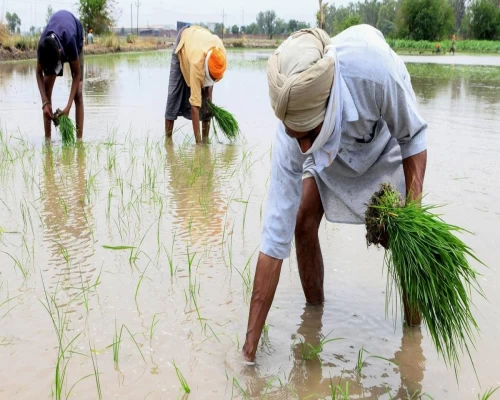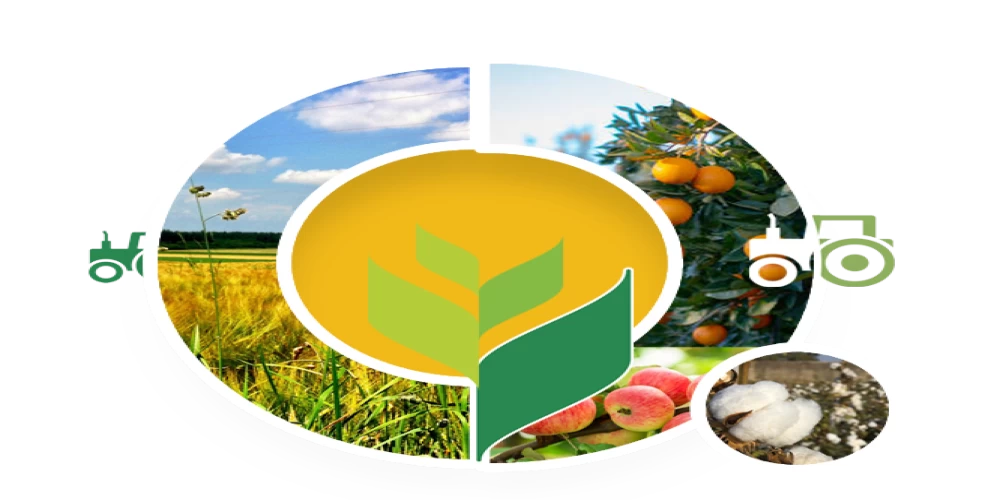
New Delhi: The organizing committee of Sustainable Agriculture Summit and Awards 2024, has invited nominations for Sustainable Agriculture Awards from organisations and individuals for their outstanding works towards agricultural sustainability.
The 20 award categories ranging from water and soil management, environment-friendly practices, biological solutions, resource use efficiency, technological advancements, innovations, agri finance and startups are designed to recognise and celebrate best practices in agriculture.
The “Sustainable Agriculture Summit & Awards, 2024: Nurturing a Greener Tomorrow for Viksit Bharat 2047”, is being organised by India’s leading agriculture portals, Agriculture Post and IndiAgri in New Delhi on August 7, 2024. The Summit will bring together farmers, agriculture and food industry leaders, policymakers, scientists, academic institutions, solutions and equipment providers, thought leaders, development organisations and other critical stakeholders in the agriculture ecosystem of India.
Navratna company, National Fertilizers Limited (NFL), other public sector companies Hindustan Urvarak & Rasayan Limited (HURL), National Seeds Corporation Limited (NSC), Small Farmers Agri-Business Consortium (SFAC), CEDMAP (Centre for Entrepreneurship Development Madhya Pradesh) are supporting this program. Private sector companies including IPL Biologicals, Savannah Seeds, Rasi Seeds, Sira Seeds; and NGOs including Transform Rural India (TRI), Syngenta Foundation India (SFI) and Agri Entrepreneurs Growth Foundation (AEGF) have pledged their support as well.
Chairman of the organizing committee and Managing Director of GreyMatters Communications, Dr Navneet Anand said, "The summit aligns seamlessly with the Government of India’s vision of ‘Viksit Bharat’, striving to empower farmers and enhance their self-reliance while transforming India into an agricultural powerhouse. This summit will be pivotal in safeguarding farmers’ interests, conserving vital agricultural resources, and exploring modern farming methods adaptable to climate change, thereby significantly contributing to a prosperous future for India."
“India has pledged to achieve net-zero emissions by 2070, with agriculture playing a crucial role in this endeavour. As the third-largest source of the country's greenhouse gas (GHG) emissions, agriculture contributes to emissions through land-use change, agricultural activities, livestock, and food production. And therefore, the Sustainable Agriculture Summit will provide a platform for stakeholders to deliberate on reducing agricultural emissions, revolutionizing food production, distribution, and consumption,” Dr Anand added.
For the Awards, the Committee has set up a high-profile jury including leaders from the agriculture and associated fields: Dr U Saravanan Chairman & Managing Director, National Fertilizer Limited (NFL) A Navratna PSU; Dr Jay G Jaya Varshney Former Director, Directorate of Weed Research, ICAR, Govt of India; Dr Jayadev Sarangi IAS (Retd), Formerly Secretary. Govt of Delhi Goa; Dr Devendra Singh Professor and Head Agronomy RPCAU Samastipur; Dr Rajeev Varshney International Chair in Agriculture & Food Security, Murdoch University (Australia); Dr KC Ravi Chairman, CropLife India Chief Sustainability Officer at Syngenta India; Rajvir Singh Rathi, Director Public Affairs, Science & Sustainability IBSL Lead- Traits Licensing Business at Bayer Crop Science; Dr Pooja Rana Professor, Amity School of Communication, Gurugram; Prof Sidharth Mishra President Centre for Reforms, Development and Justice; Ganesh Nanote, Farmer and Member - Global Farmer Network.
With an anticipated population of 1.7 billion by 2050, India will need 400 million tonnes of food grains to sustain its growing population. Therefore, the Summit will emphasize the importance of increasing access to, availability, and efficient use of agricultural inputs to achieve the Government of India’s goal of ‘Viksit Bharat 2047.’ To advance this agenda, industry stakeholders and government officials will deliberate on the role of the private sector, sustainable production and consumption practices, and ensuring an uninterrupted supply chain of agricultural inputs such as fertilizers, crop nutrition solutions, crop protection chemicals, and biological agri-inputs, and their impacts on agricultural sustainability. /BI


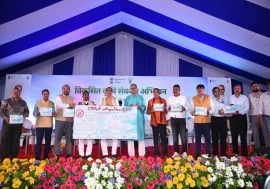
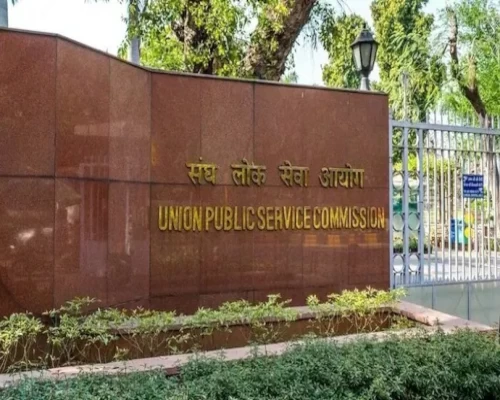
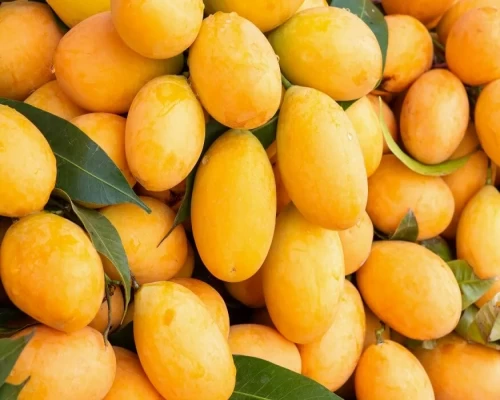



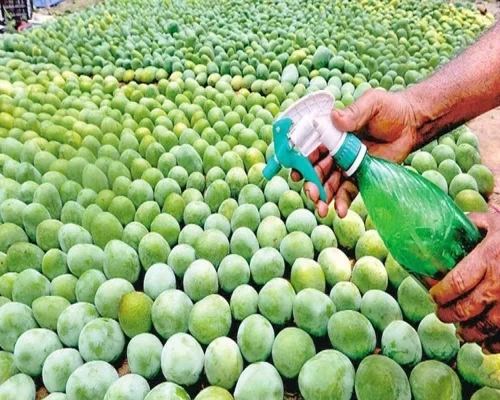
 (13)_500_x_400.webp)
